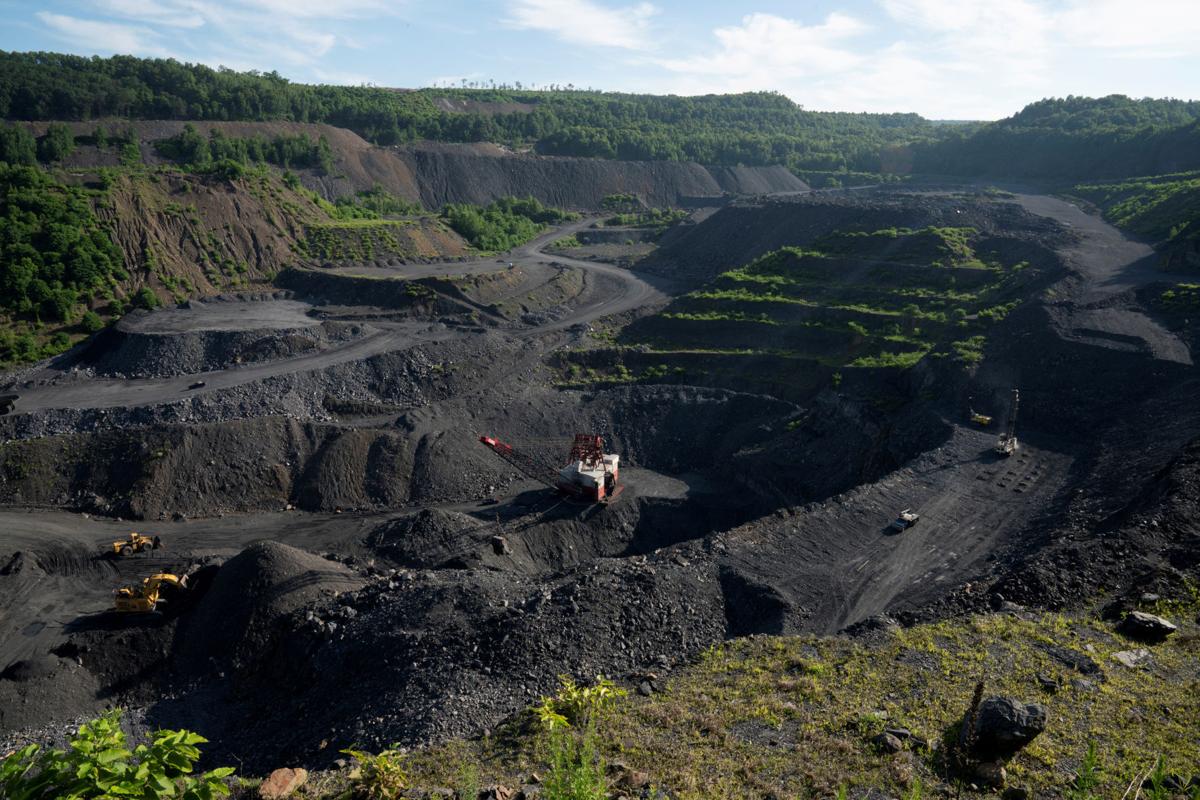
Reuters: How Private Equity Squeezes Cash From the Dying U.S. Coal Industry
March 12, 2021
Reuters reported recently on several U.S. private equity firms that have bought coal plants, despite the industry’s decline, using a strategy in markets where regulators pay to be on standby for emergency power capacity.
In a March 2, 2021, article “How private equity squeezes cash from the dying U.S. coal industry,” Reuters revealed how “Traditional utilities are under pressure from activist shareholders and regulators to reduce greenhouse gas emissions and to limit debt. Private equity firms step in to buy coal plants and compete for payments to simply be on standby in case of a power emergency.”
The Private Equity Stakeholder Project (PESP) has noted that large power companies are retiring dozens of coal plants across the country, and none are planning to build new coal plants.
“The capacity power market is a certain source of revenue for coal plants that might otherwise be uneconomical,” Sylvia Bialek, an economist at New York University’s Institute for Policy Integrity told Reuters.
Reuters noted that these “lucrative investments illustrate how fossil fuels will remain an important part of the energy mix – and continue spinning off cash for investors – even years after demand for them peaks as the world transitions toward cleaner energy sources.”
PESP has reported on the General James. M Gavin coal plant in Ohio, bought by Blackstone and Arclight from a utility in 2017, which in 2019 was the nation’s 6th largest coal polluter.
Private equity firms have pursued coal mining opportunities as well, another way to prolong the use of the fuel. Yorktown Partners’ acquired Appalachian coal mining company in 2016.
Reuters reported that private equity ventures into coal-fired power do not always turn out well, with some deals getting caught up in the broader decline of the coal industry.
PESP has written about KKR-owned Longview Power coal plant which filed for bankruptcy in April 2020. Under the Trump administration, the plant had been touted by the Department of Energy as a model for “clean coal.” KKR’s 40% stake in the company was essentially wiped out.
With the U.S. returning to the Paris Climate agreement and the strengthening of global environmental regulations, fossil fuel companies will face increasing levels of scrutiny from investors, regulators, and the public.
